Miakhloeba (1989)
장르 : 드라마
상영시간 : 1시간 26분
연출 : Aleqsandre Rekhviashvili
시놉시스
A full-blooded, interesting life has long eluded the house where a mother, father, son and daughter live. Trivial household matters, conversation at dinner about duty — that's all that connects them. The situation changes when it becomes known that the family inherited the village house, and that it will probably be necessary to enter into a struggle with the joint heirs. From the bottom of chests, old albums and documents confirming the priority of the family are extracted, and intrigues begin ...
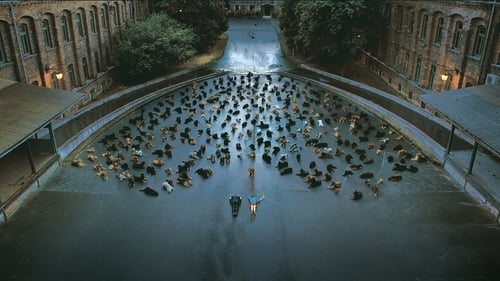
“하겐, 여기 있어..! 꼭 데리러 올게” 순종이 아닌 잡종견에게는 무거운 세금을 부과하는 헝가리의 정책으로 인해 하루아침에 집에서 쫓겨나게 된 개 ‘하겐’과 그를 찾아 헤매며 방황하는 13살 소녀 ‘릴리’. 인간의 손에 이용당하고 학대당하던 ‘하겐’은 생존을 위해 인간을 적대시 하게 되고 결국 유기견들의 우두머리가 되어 인간들에게 역습을 가한다. 도시 전체를 점령한 개떼들과 그를 통솔하는 ‘하겐’은 마침내 ‘릴리’와 다시 마주하게 되는데...
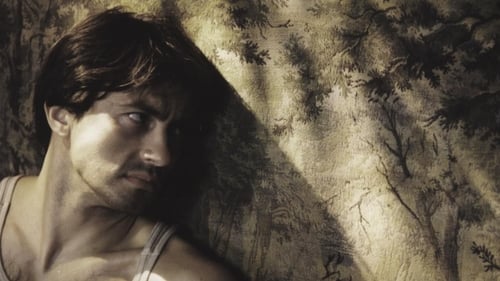
In this dreamlike film, a nameless father and his son, Aleksei, live together in an apartment in St. Petersburg. Aleksei's mother has died and consequently the two have a very close relationship. When Aleksei acquires a girlfriend, she refuses to take a back seat to his bond with his dad, and breaks up with him. Aleksei is also experiencing nightmares, dreading separation from his father to be a part of the military as his father was.

A poetized chronicle of the events taking place in one of the Georgian villages in the late 19th century, when, to save a forest, the innumerous intelligentsia could rally the people and oppose the industrialists…

Banned in the Soviet Union for its "negative" content and never released, Kalatozov was forced to retreat from filmmaking for seven years because of this film. The film sets out to illustrate the old adage, "For want of a nail, the battle was lost," showing how the inferior quality of something so trivial as a nail in a soldier's boot leads inexorably to the capture of an armored train. Kalatozov had intended to demonstrate the crucial and universal importance of efficiency in Soviet industry, but the government decided that his fable gave a negative impression of the Red Army's capabilities.

The war is over. Once a young sculptor, and now a soldier, he returned home. Married, there were children. In search of work, he was hired to make grave monuments. Time passed... At one time, visiting a cemetery with friends, he saw with different eyes all his work done over the years...

Lithuania, 1977. Memories of childhood, adolescence, and first love in a small provincial town, shown through complexity of human relations at this periodical film.
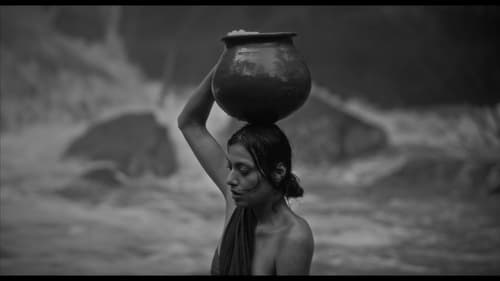
Two monks on a mission choose very different paths

Directed by Zaza Khalvashi.

The way home for Aleksandr Rekhviashvili is not charted in the conventional sense. It takes the viewer along some peculiar roads and across a unique landscape: Georgian history and legend, politics and social stratification, religion and ethics. Allusive, stylized and allegorical from beginning to end, his long-banned The Way Home is in part a tribute to Rekhviashvili’s favorite director, Pasolini, especially to The Hawks and the Sparrows (1966). Together with the short film Nutsa (1971) and the widely acclaimed Georgian Chronicle of the 19th Century (1979; SFIFF 1983), The Way Home closes a triptych of films that represent Rekhviashvili’s poetic contemplation of Georgia’s past. It makes extensive use of poems by Bella Akhmadulina (the major female poet of the cultural ‘thaw’ of the ’50s and ’60s and a Georgian by descent), and of sets by Amir Kakabadze. Like other films in the trilogy, The Way Home is stunningly photographed in black-and-white.--Oxymoron
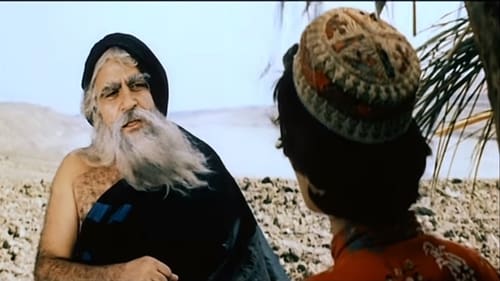

A full-blooded, interesting life has long eluded the house where a mother, father, son and daughter live. Trivial household matters, conversation at dinner about duty — that's all that connects them. The situation changes when it becomes known that the family inherited the village house, and that it will probably be necessary to enter into a struggle with the joint heirs. From the bottom of chests, old albums and documents confirming the priority of the family are extracted, and intrigues begin ...

The short film (conveyed in a parable-like story structure) follows a man devoted to himself and the blessings of his attributed god. He struggles to survive a primitive life and is forced to take action to ensure his own prosperity.

Film geek Josh is looking for the subject of his new documentary when a chance meeting puts the perfect star in his sights—Dylan, his school's most popular junior. But Dylan's hopes of using the film to become Blossom Queen don't quite match with Josh's goal to make a hard-hitting exposé about popularity. Will Josh shoot the film as planned, or show Dylan as the truly interesting person she is?
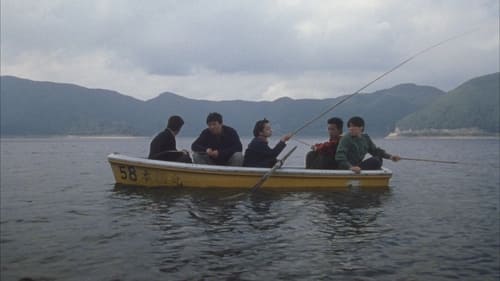
6년전 유괴범에게 딸을 잃은 니이지마는 유괴범에게 복수를 결심하고 납치한다. 유괴범은 자신에게 죄가 없다고 결백을 주장하지만, 니이지마는 복수를 하기 위해 총을 구한다. 그러던 그에게 야쿠자의 청부살인을 하는 회사를 경영하는 이와마츠가 함께 일할 것을 제안한다. 이미 감정이 식어버린 니이지마는 이와마츠와 손을 잡고 청부살인을 일을 시작하게 되는데...
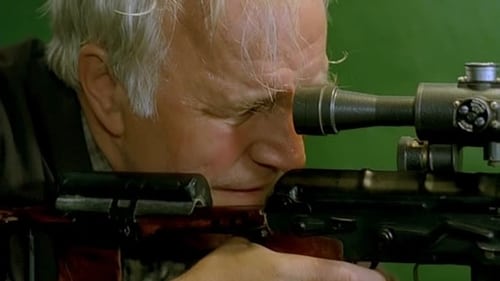
A very typical post-Soviet era storyline. A bunch of vagabonds lured an innocent teenage girl to their apartment, offered her a drink, intimidated, then gang raped her. Local cops are incapable to undertake an adequate actions against the scoundrels - prevented by the superior chief of the local police, who is the dad of one of the scumbags. The case is closed. The girl's granddad tired of an endless circumlocution decides to take revenge in his own hands.

열렬히 사랑하는 부부 페이지(레이첼 맥아담스)와 레오(채닝 테이텀)는 불의의 교통사고를 당하고, 혼수 상태로 누워있던 페이지는 가까스로 눈을 뜨지만 남편과 사랑했던 추억 뿐만 아니라 남편의 존재마저 기억하지 못한다. 레오를 만나기 전의 기억만을 회복한 페이지는 남편과의 생활에 적응하지 못하고 그의 곁을 떠나지만 레오는 아내의 사랑을 되찾기 위해 갖은 노력을 기울인다. 그러나 그들 앞에 페이지의 옛 애인 제레미가 나타나는데… 과연 그들은 다시 사랑에 빠질 수 있을까?

This is the last of the infamous German "Schoolgirl Report" movies. The story involves a bunch of teenagers and their teacher rehearsing "Romeo and Juliet" and discussing tales of modern love.
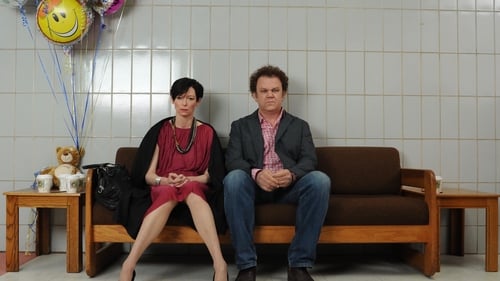
자유로운 삶을 즐기던 여행가 에바에게 아들 케빈이 생기면서 그녀의 삶은 180도 달라진다. 일과 양육을 동시에 해내야 하는 에바의 삶은 케빈의 이유 모를 반항으로 점점 힘들어져만 간다. 에바는 가족 중 유독 자신에게만 마음을 열지 않는 케빈과 가까워지기 위해 애쓰지만 그럴수록 케빈은 더욱 교묘한 방법으로 에바에게 고통을 준다. 세월이 흘러 청소년이 된 케빈은 에바가 평생 혼자 짊어져야 할 끔찍한 일을 저지르는데…
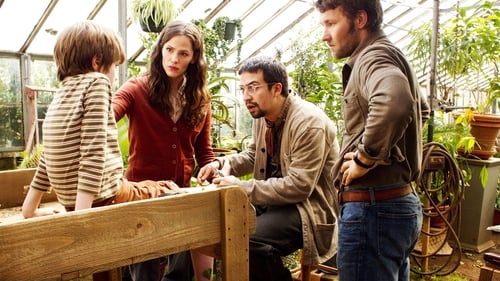
아이를 간절히 원했던 신디와 짐 그린 부부는 의사로부터 임신 가망이 없다는 진단을 받은 후, 그들이 꿈꿔왔던 아이의 특징들을 적은 글을 정원에 묻음으로써 그 아픔을 달랜다. 기이한 폭풍이 한차례 지나간 그 날 밤, 발목에서 나뭇잎이 자라나는 신비한 아이, 티모시가 나타난다. 티모시는 신디와 짐을 엄마, 아빠라 부르고, 그들은 이내 가족처럼 지내게 되는데...
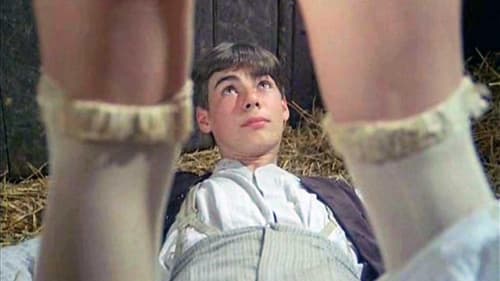
청년이 된 로져는 여름휴가를 보내기 위해서 아버지가 마련해준 시골별장에 내려간다. 건장한 일꾼들과 하녀들 간에 은밀히 행해지는 유희를 호기심에 차 관찰하던 로져는 서서히 이성에 대한 안목이 뜨여간다. 그 무렵 2차세계대전에 휘말려 젊은 일꾼들이 모두 전장으로 나가게 되어 별장에는 늙은 신부와 로져, 이렇게 두 남자만 남게 된다. 이를 기회로 로져는 젊은 하녀와 애틋한 연정의 싹을 틔우게 되고, 휴가가 끝날 무렵, 로져는 어엿한 성인이 되어 별장을 떠난다.




















